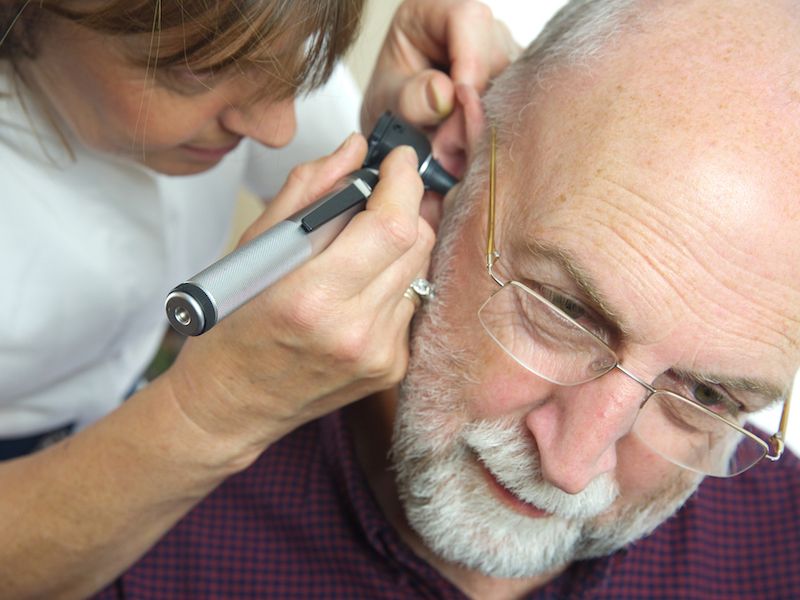
If you own eyeglasses, you understand you should still visit your eye doctor once a year, right? That’s because your eyes can change as time passes. Your eyes and all parts of your body are dynamic not static including your ears. That’s the reason why even when you purchase hearing aids, you need to continue having your ears tested just as you do with your eyes.
Unfortunately, many people miss those regular checkups. Maybe they’ve been consumed with making the most of their lives to get back in to see their hearing specialist. Or perhaps lately, work has been difficult. You may even be so happy with your hearing aids that you simply didn’t think you need to go back in. That should be a positive thing, right?
In the long run, for people with hearing loss, it is even more relevant to have even one follow-up consultation. However, lots of people disregard regular care. According to one survey, only 33% of seniors with hearing aids also used regular hearing services.
After You Get Hearing Aids, Why Would You Require to Get Regular Checkups?
Your hearing is not static. Over time it changes. When these changes happen, you should adjust your hearing aids to compensate. Concerns can be recognized early and your hearing aids can be tweaked accordingly.
And that’s not even the only reason why it might be a good idea to keep routine consultations with a hearing specialist once you have your hearing aids. Here are various reasons why you really should make it to your hearing examinations:
- Deterioration of hearing: Even with a hearing aid, your hearing may continue to deteriorate. If this degeneration is happening over a long period of time, you likely won’t realize it’s happening without the aid of a hearing screening. Hearing decline can often be slowed with appropriate alterations to your hearing aids.
- Hearing aid calibration: Although your overall hearing health could continue to be stable, small changes in your hearing may create the need for annual adjustments of your hearing aid. Your hearing aids might slowly become less effective if you don’t get this type of calibration.
In addition to monitoring changes in your hearing, it’s crucial to occasionally get a professional cleaning. We can help make sure your hearing aid is functioning the way it should, clean all the little parts and keep it in optimum condition.
The Danger of Not Following up With Regular Exams
The ultimate worries, here, is that sooner or later, the hearing aids will quit functioning the way they’re supposed to, so you’ll get irritated with them and stop wearing them altogether. Hearing aids make your overall health better and also, of course, makes your hearing stronger. You might not notice it immediately, but your hearing might decline quicker if you stop wearing your hearing aids. Neglected hearing loss has been connected to countless health problems such as cognitive decline and a greater chance of accidents.
In terms of having your hearing aids performing at an ideal level, frequent examinations are your best choice. In order to be certain your hearing aids are functioning properly be you should get annual hearing assessments. So call now to schedule an appointment.